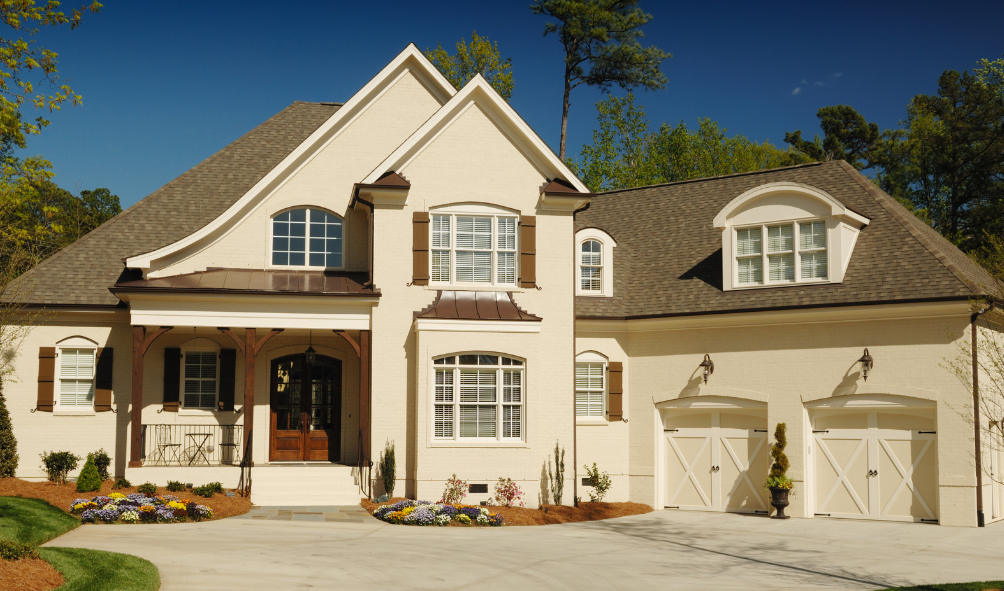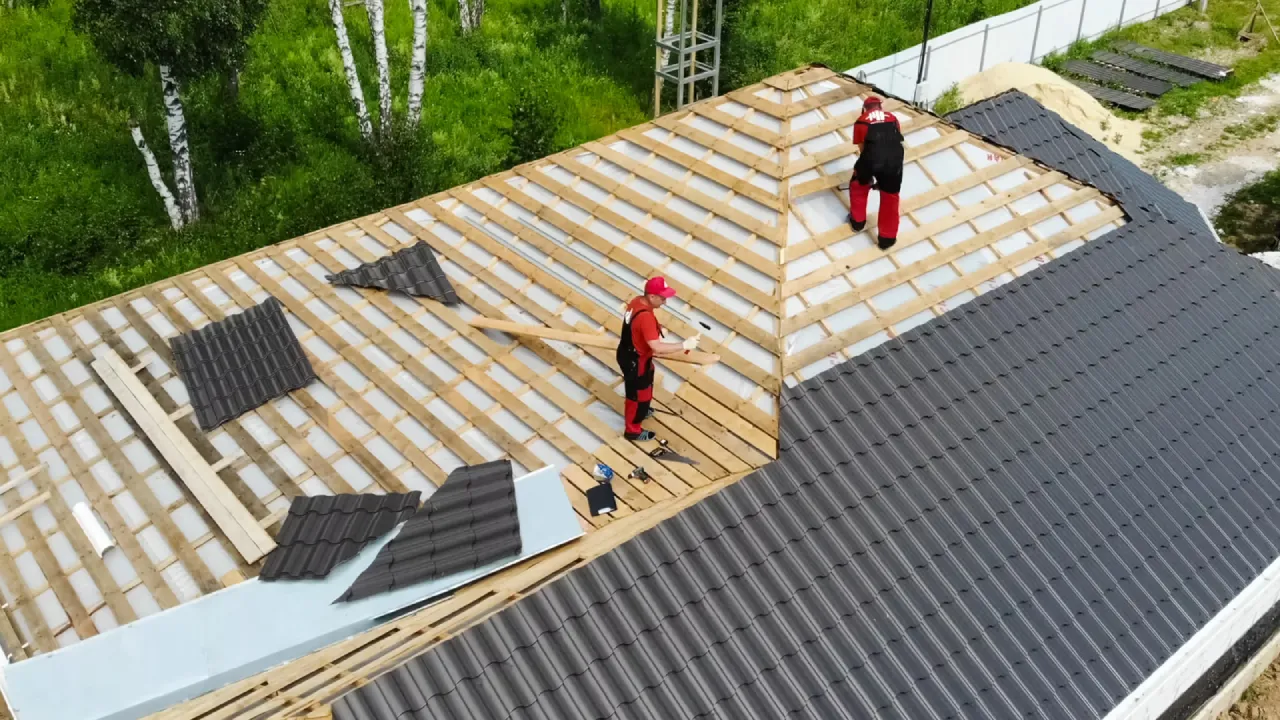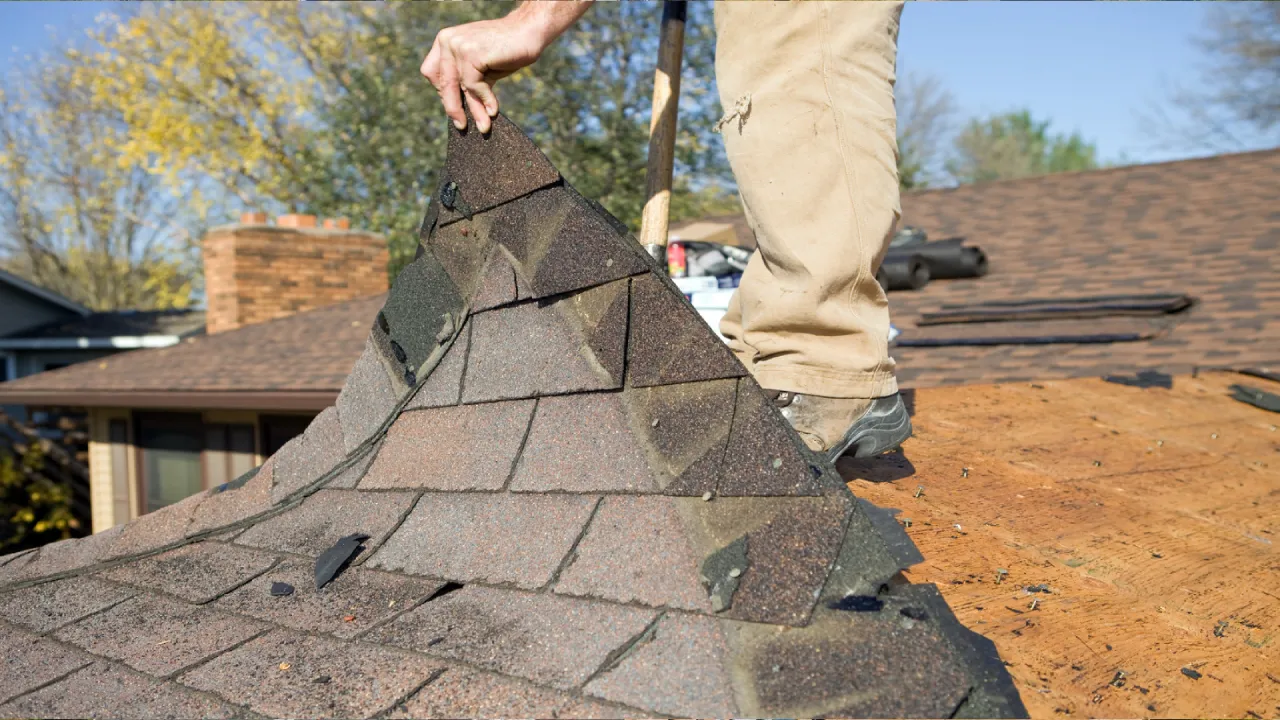
Roofs serve as the guardians of our structures, protecting them from nature’s whims and ensuring indoor comfort and safety. However, the key to unlocking their full potential lies in selecting the right roofing coating. In this guide, we’ll take a deep dive into four popular options, each presenting its unique features and advantages.
1. Silicone Roof Coating
Silicone roof coatings have been gaining traction for their impressive durability and weather-resistant properties. Composed primarily of silicone polymers, these coatings exhibit robust adherence to various surfaces like metal, concrete, and asphalt. Here are some standout advantages:
2. Acrylic Roof Coating
Acrylic roof coatings are favored for their ease of application and cost-effectiveness. Crafted from acrylic polymers, these coatings form a protective layer on roofs. Key features include:
3. Urethane Coating
Renowned for its robustness and exceptional durability, urethane coating is formulated with urethane resins for staunch protection. Notable benefits include:
4. Asphalt Coatings
A traditional choice for flat or low-slope roofs, asphalt coatings, also known as roofing tar, are primarily composed of polymer-modified tar for reinforced strength. Key attributes include:
In conclusion, the selection of the right roof coating depends on various factors such as location, structure type, and budget. Each type offers a unique set of advantages and considerations, emphasizing the need for a thorough evaluation before making a decision. Should you need expert guidance throughout the coating selection process, don’t hesitate to reach out to us. We’re here to help you make the best choice for your roofing needs.


Comments are closed